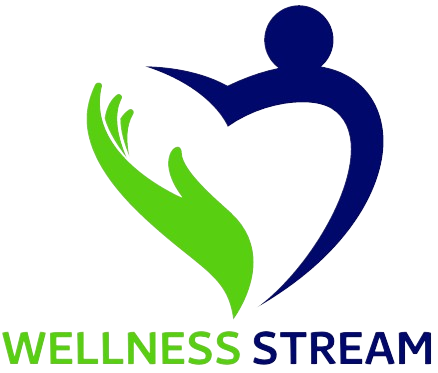Tele-Health Informed Consent
WE ARE NOT A REPLACEMENT FOR EMERGENCY MEDICAL SERVICES. IF YOU HAVE A MEDICAL EMERGENCY SEEK EMERGENCY MEDICAL CARE IMMEDIATELY IN-PERSON OR DIAL 911 OR YOUR LOCAL EMERGENCY NUMBER.
We may change these terms at any time, as required by law. This may include changing, adding, or removing terms. We may do this in response to legal, business, competitive environment or other reasons not listed here.
Telemedicine involves the use of electronic communications to enable health care providers at different locations to share individual client medical information for the purpose of improving client care. Providers may include practitioners, specialists, and/or subspecialists. The information may be used for diagnosis, treatment, follow-up and/or education, and may include any of the following:
- Client medical records
- Live two-way audio and video
- Output data from medical devices and sound and video files
Electronic systems used will incorporate network and software security protocols to protect the confidentiality of client identification and medical data and will include measures to safeguard data to ensure its integrity against intentional or unintentional corruption.
Expected Benefits:- Improved access to medical care by enabling a client to remain in a clinical setting (or at a remote site) while the practitioner obtains test results and consults from healthcare practitioners at distant/other sites.
- More efficient medical evaluation and management.
- Obtaining expertise of a distant specialist.
As with any medical procedure, there are potential risks associated with the use of telemedicine. These risks include, but may not be limited to:
- In rare cases, information transmitted may not be sufficient (e.g., poor resolution of images) allow for appropriate medical decision making by the physician and consultant(s).
- Delays in medical evaluation and treatment could occur due to deficiencies or failures of the equipment.
- In very rare instances, security protocols could fail, causing a breach of privacy of personal medical information.
- In rare cases, a lack of access to complete medical records may result in adverse drug interactions or allergic reactions or other judgment errors.
- If you’re unable to contact our office during a scheduled appointment or experience a technology failure during your appointment please contact 911 or go to the closest emergency room as needed, based on your medical needs.
